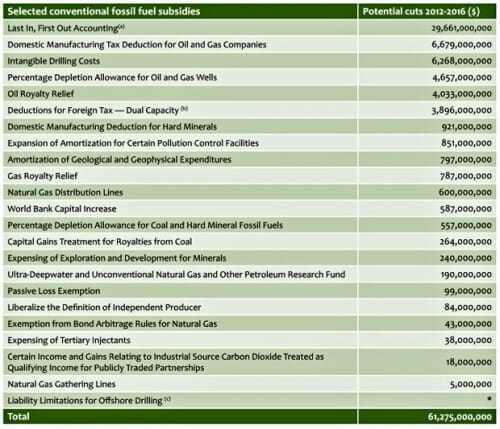Privatization Updates
While this may be familiar territory for readers of this blog, I have a post up at the Privatization blog on the history of private operation of public parks. In this article I quoted one of my favorite over-wrought criticisms of private operation of parks, this time from the San Francisco Chronicle:
The question is, how will these agreements work over time? If parks remain open using donations, what is the incentive for legislators to put money for parks in the general fund budget? And who is going to stop a rich crook or pot dealer from taking a park off the closure list and using it for fiendish pursuits?
LOL. "Fiendish pursuits?"
I also had an article there a while back about government accounting systems and how they make such privatization efforts difficult:
Back when I was in the corporate world, "Make-Buy" decisions -- decisions as to whether the company should do some task itself or outsource it to companies with particular expertise or low costs in that area -- were quite routine. Even in the corporate world, though, where accounting systems are built to produce product line profitability statements and to do activity-based costing, this kind of analysis is easy to get wrong (in particular, practitioners frequently confuse average versus marginal costs).
But if these analyses are tricky in the private world, they are almost impossible to do well in the public sphere. Grady Gammage, a senior and highly respected research fellow at Arizona State University's Morrison Institute, has as much experience with public policy analysis as anyone in the state. Several years ago, he spent months digging into the financial numbers of Arizona State Parks, with the full cooperation of that agency. A critical question of the study was how much it actually cost to operate a park, vs. do all the other resource and grant management tasks the agency is asked to perform. Despite a lot of effort by Gammage and his staff, he told me once that the best he could do was make an educated guess --plus or minus several million dollars -- as to how much of the Agency's budget is spent actually operating parks vs. performing other tasks.
The reasons that this is so hard is that the parks agency's budgeting process was not set up to determine true net operating gains and losses at parks. It was set up, like most public accounting systems, to enforce accountability to different pools of money that have been allocated by the legislature for certain tasks. This tends to lead to three classes of problems that cause public make-buy decisions, as well as ex post facto third-party analyses, so difficult. Since I am most familiar with the parks world, I will discuss these three issues in the context of parks:

